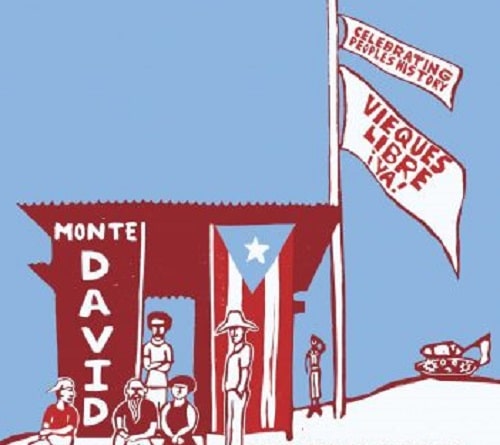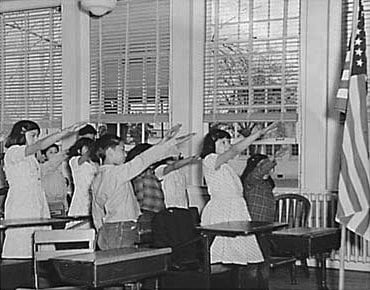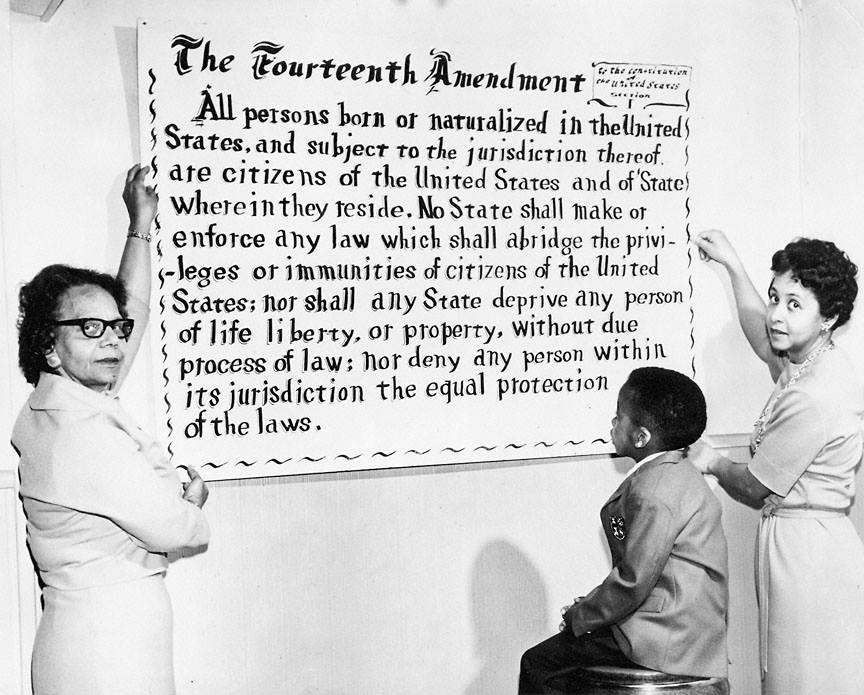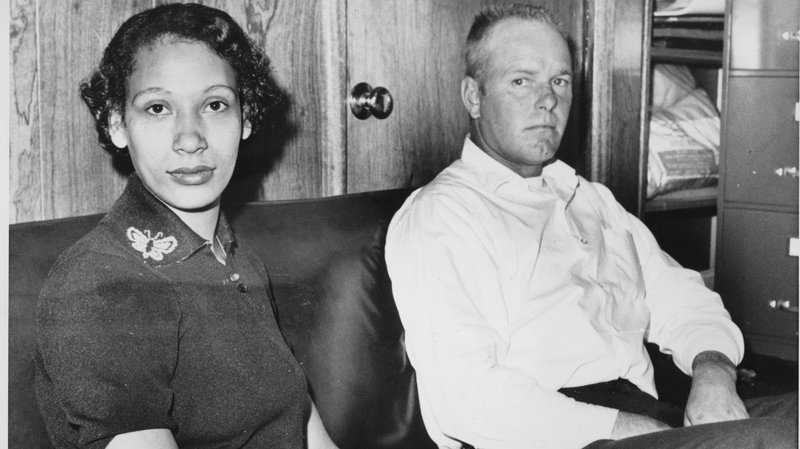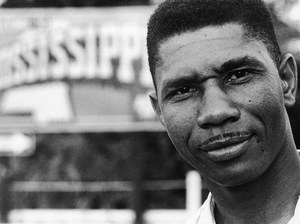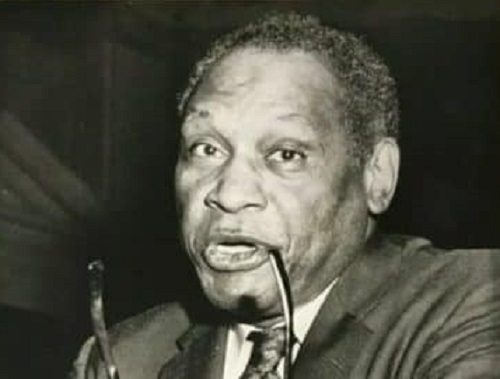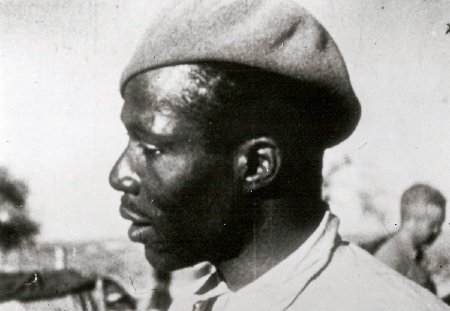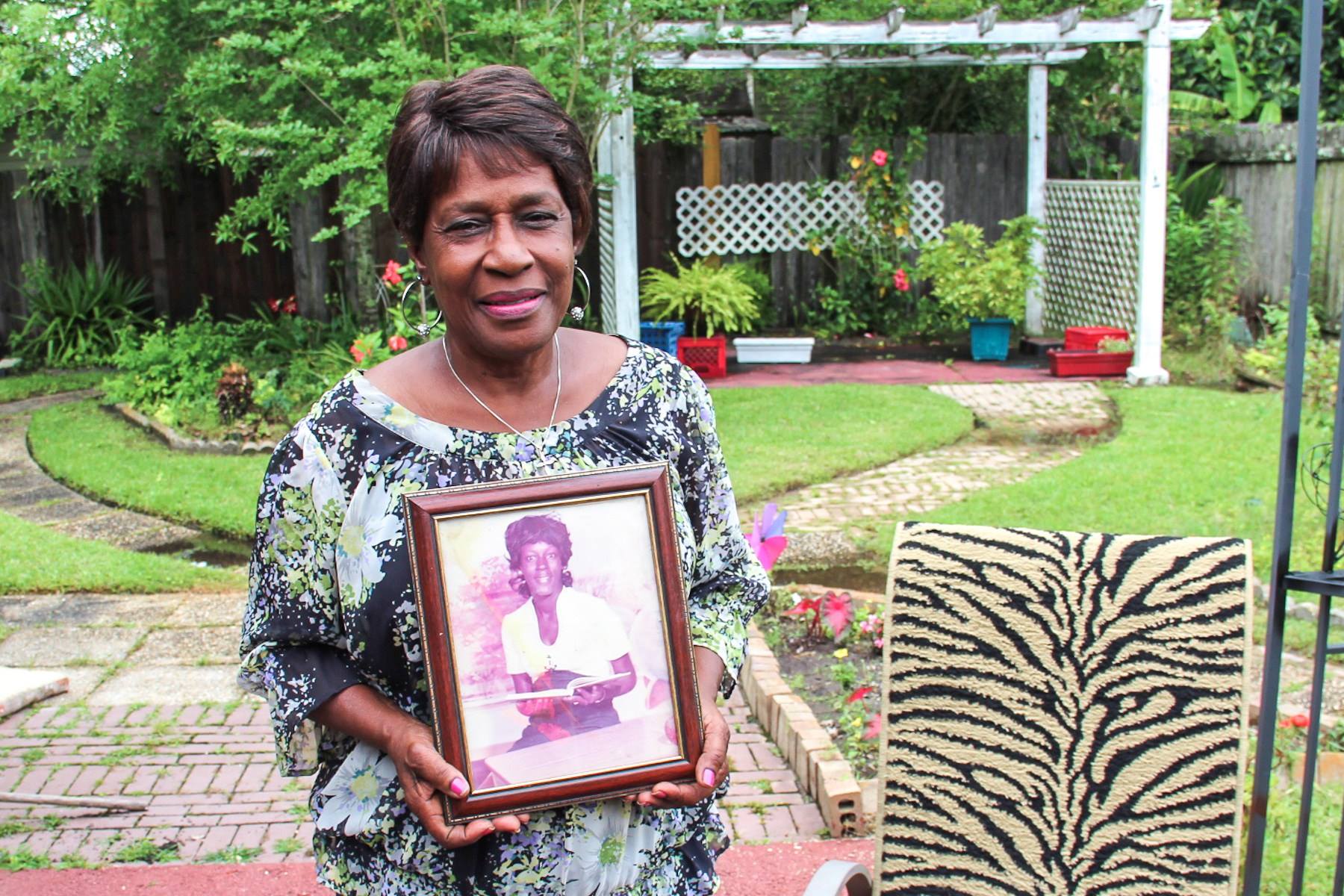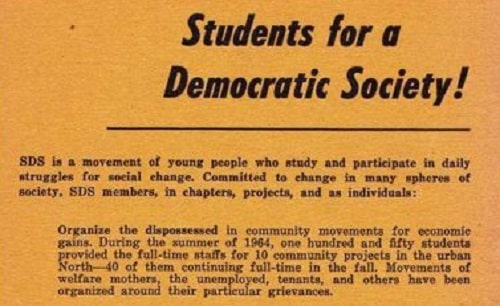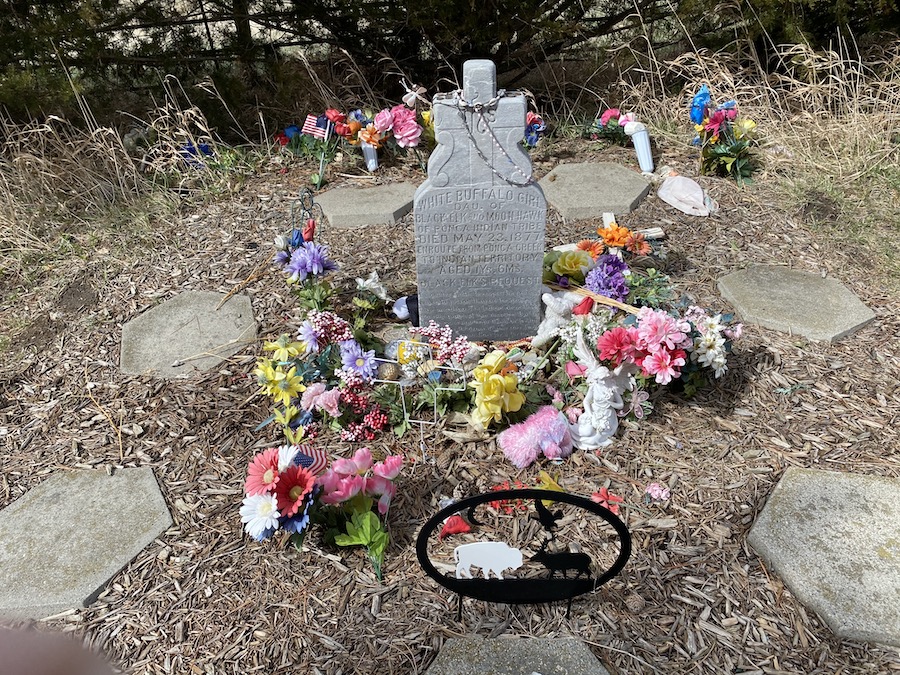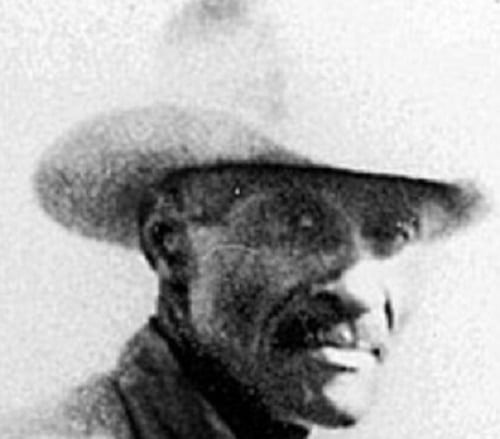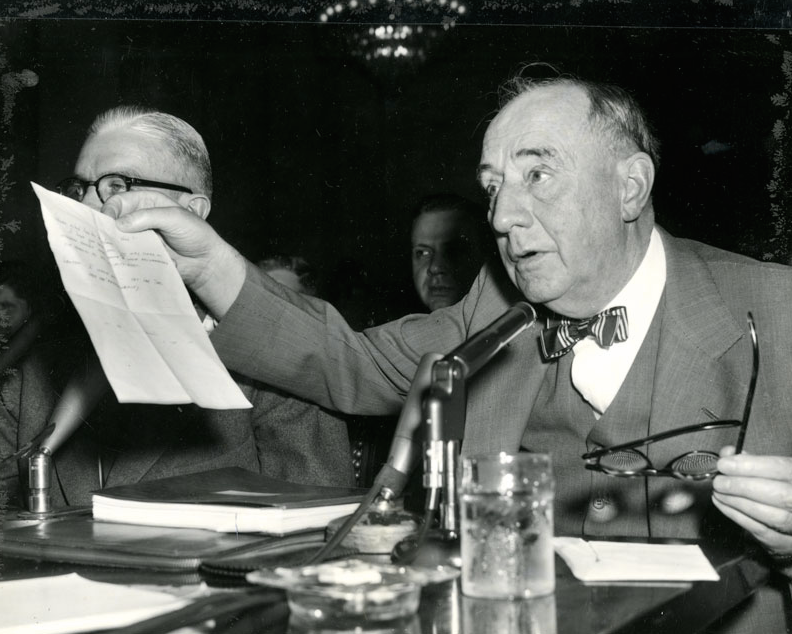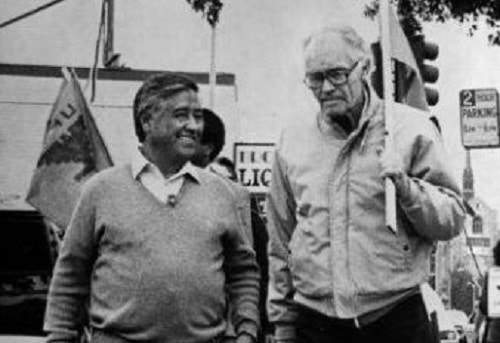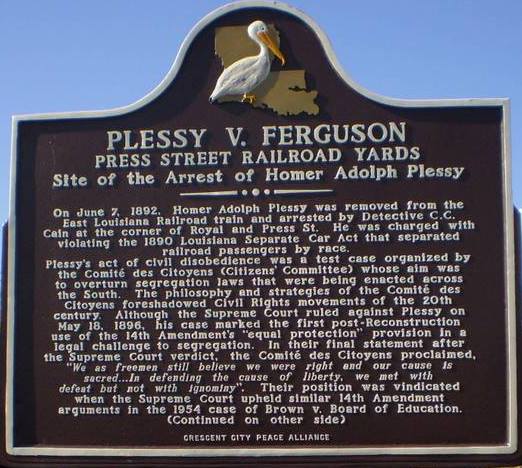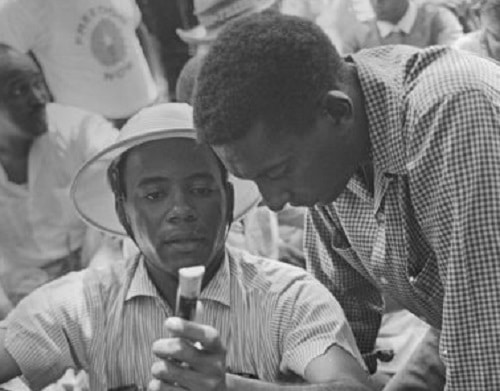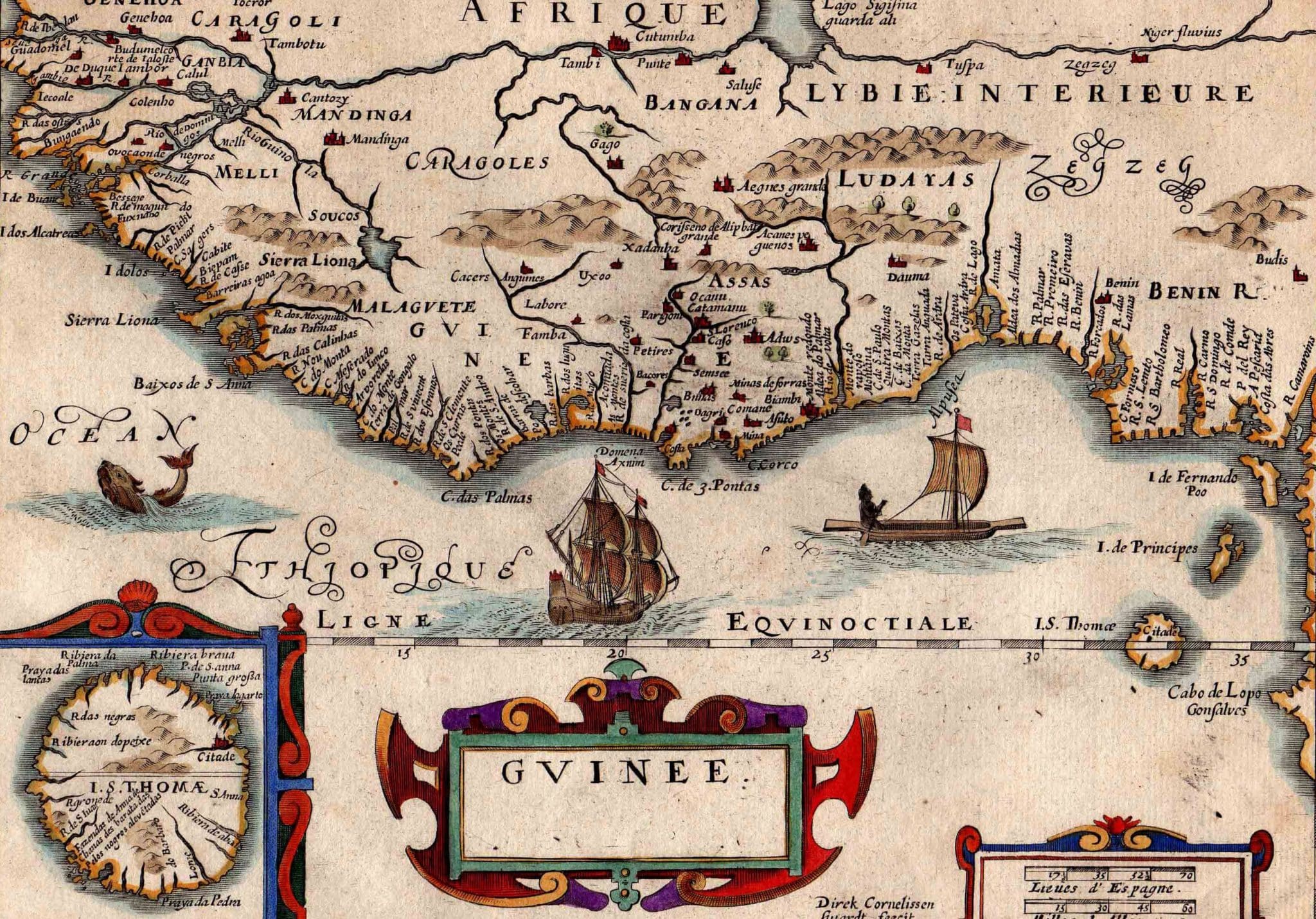After decades of protests from activists, the United States announced the end to its bombing exercises in Vieques, Puerto Rico.
Continue reading
On Flag Day 1943, the Supreme Court invalidated a compulsory flag salute law in public schools and established that students possess some level of First Amendment rights.
Continue reading
The 14th Amendment to the constitution was passed, granting citizenship to “all persons born or naturalized in the United States.”
Continue reading
The Supreme Court ruled in favor of Mildred and Richard Loving in the historic Loving v. Virginia case.
Continue reading
Medgar Evers, WWII veteran and civil rights activist, was murdered by a white supremacist in Jackson, Mississippi.
Continue reading
Paul Robeson testified before the House Committee on Un-American Activities, where he was questioned about his political speech, associations, and party affiliation.
Continue reading
Oliver Law became first Black commander of a U.S. army, the integrated Abraham Lincoln Brigade.
Continue reading
African Ameican residents of Diamond, Louisiana won their relocation fight with Shell Oil.
Continue reading
More than 100,000 students stayed out of school to protest inequality and segregation in Chicago, Illinois.
Continue reading
Students for a Democratic Society held its founding convention in Michigan and issued the Port Huron Statement.
Continue reading
Along the “Trail of Tears” in Neligh, Nebraska, a farmer signed a deed to return ancestral land to the Ponca Tribe.
Continue reading
Ben Chester White, caretaker on a farm, was brutally murdered by the Ku Klux Klan in Natchez, Mississippi.
Continue reading
Following months of protests to end segregation, Black residents of Tuscaloosa, Alabama were brutally attacked by police and the Klan inside the First African Baptist Church.
Continue reading
Joseph N. Welch confronted Sen. Joseph McCarthy about allegations of communists in the U.S. Army.
Continue reading
On June 8, 1966, protesters with the Action Coordinating Committee to End Segregation in the…
Continue reading
Freedom Riders traveling from New Orleans, Louisiana to Jackson, Mississippi were arrested in 1961.
Continue reading
Homer Plessy was arrested for violating Louisiana’s Separate Car Act.
Continue reading
Air Force veteran James Meredith began the March Against Fear from Memphis, Tennessee to Jackson, Mississippi.
Continue reading
Approximately ninety-six Africans held captive on the British slave ship Little George revolted against the ship’s captain and crew, eventually taking control of the entire ship.
Continue reading


